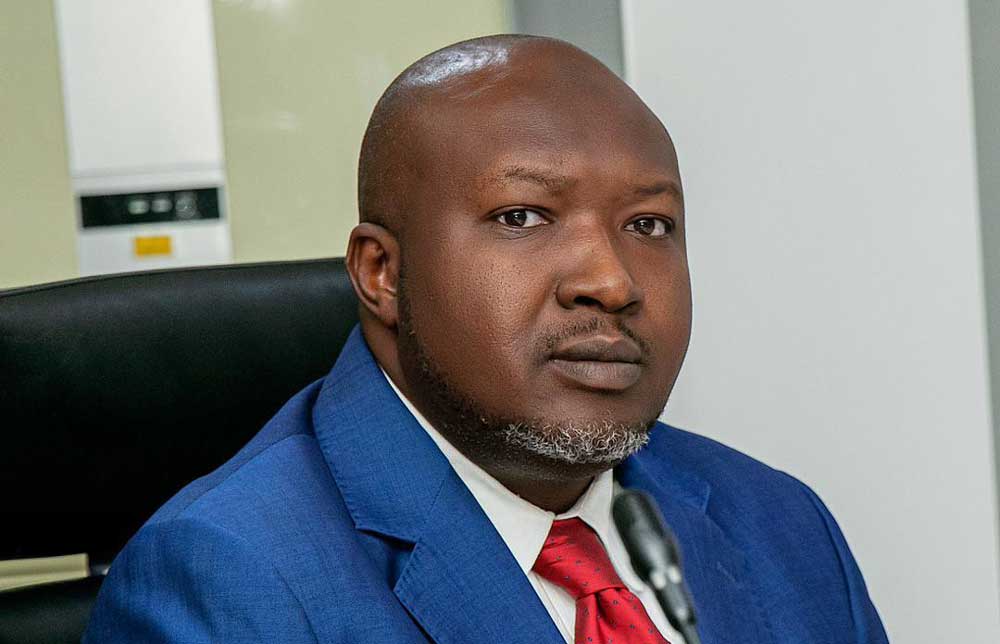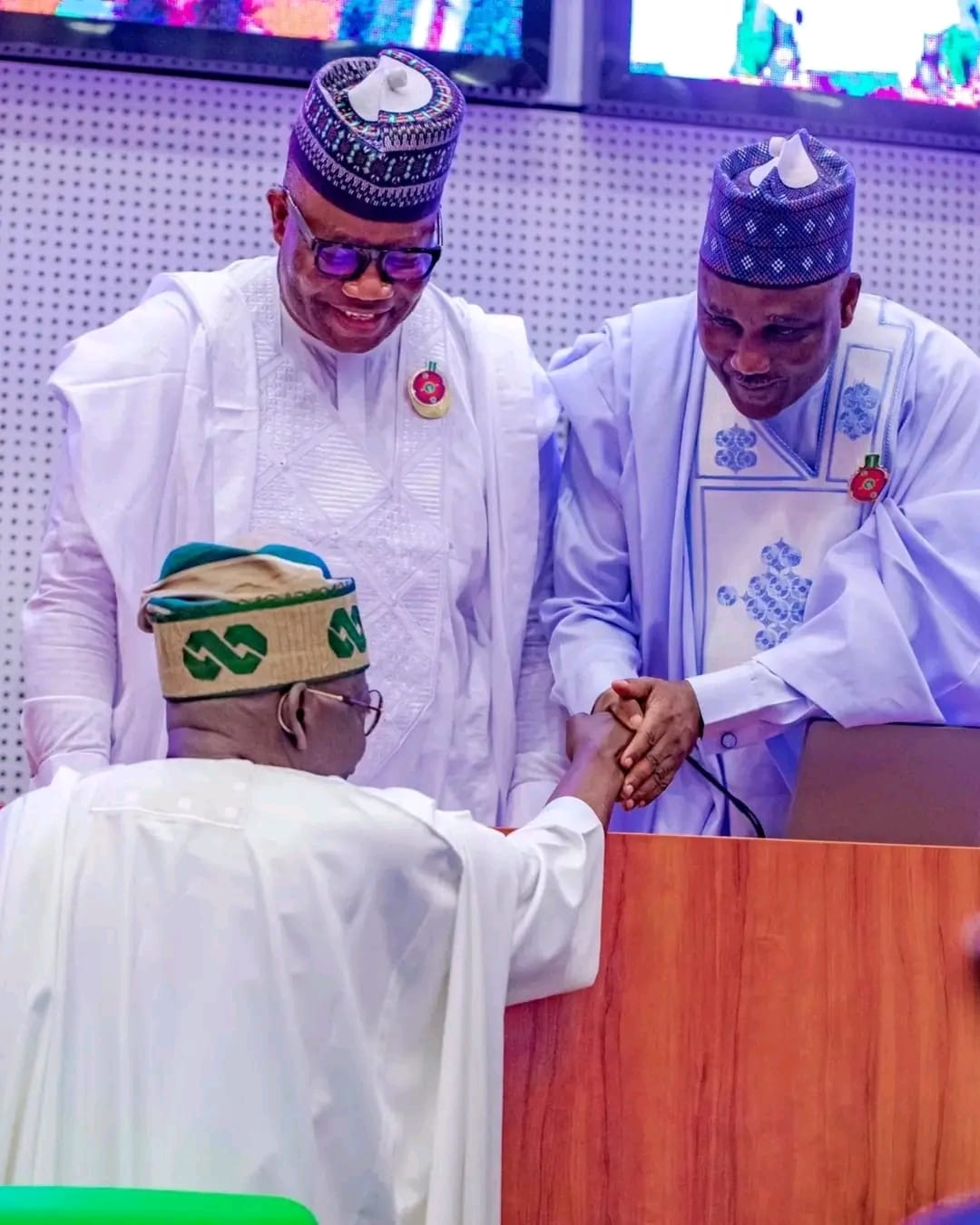In a bid to mitigate the impact of fuel subsidy removal, the Federal Government has introduced a free Compressed Natural Gas (CNG) bus service in Abuja.
The initiative is aimed at reducing transportation costs for residents of the federal capital city.
Persecondnews reports that the free CNG bus service commenced operations on December 2, 2024, as announced by the Presidential CNG Initiative.
The buses will operate along major routes, connecting suburbs like Mararaba to central locations such as Eagles Square and the Berger bus stop.
The free rides will run for only 40 days, concluding on January 6, 2025.
Persecondnews recalls that the government recently handed over 15 CNG-powered buses to three transport unions in Abuja to reduce transportation costs in the FCT.
The transport unions that received the CNG buses include the National Union of Road Transport Workers (NURTW), the Nigerian Association of Road Transport Owners (NARTO), and the Road Transport Employers Association of Nigeria (RTEAN).
Speaking with Persecondnews correspondent in Abuja on Tuesday, a commuter, Mrs. Odion Egbele, lauded the government’s initiative, saying it has helped to reduce her transportation costs.
“I used to spend a whopping N2,800 daily on transportation to get to work, which was a significant strain on my finances.
“But thanks to this initiative, I now have some extra money in my pocket, and I must say, it’s a huge relief and a very welcome bonus,” she said.
Egbele passionately appealed to the government to consider extending the free transportation initiative beyond the initial 40-day period, emphasizing that it has made a significant positive impact on her daily life and finances.
Mr. Emmanuel Salami, a civil servant, expressed his enthusiasm for the initiative, acknowledging its positive impact in alleviating the economic hardships faced by civil servants in the Federal Capital Territory (FCT).
He told Persecondnews: “I praise the initiative’s introductory offer, which provides a 40-day free period, and express the optimism that the subsequent fares will be substantially more affordable compared to the costs associated with PMS-powered vehicles.
For Mr. Desmond Etim, a concerned Abuja resident, he expressed dismay over what he called a lack of awareness among the public about the existence of CNG-powered buses in the nation’s capital.
To bridge this gap, Etim advised the Federal Government to embark on a robust publicity campaign aimed at creating awareness about the buses and their benefits.
He also expressed frustration over the inadequate number of buses serving the Mararaba axis, revealing that he spotted only two buses in the area yesterday.
He said: “This scarcity is particularly alarming, given the massive influx of thousands of commuters entering the city from Mararaba daily.”
Etim, however, said the current provision of buses is mere “surface dressing and a superficial solution” that may not fully address the underlying transportation challenges in Abuja.
He urged the federal government to procure more buses to alleviate the situation.
Mr. Kabiru Suleimani welcomed the introduction of CNG-powered buses, acknowledging the potential benefits of the eco-friendly initiative.
He urged caution, emphasizing the need for meticulous planning and effective management of the buses to guarantee the project’s enduring success.
To drive his point home, he referenced the El-Rufai buses, which mysteriously disappeared from Abuja’s streets without any explanation or warning.
He said: “We have witnessed numerous projects initiated by previous governments, only to be abandoned once they leave office. Sometimes, these projects even stall before the government’s term ends. A prime example is the El-Rufai buses.
“It seems that many politicians introduce new projects primarily to profit from them. Once they’re out of office, the incoming administration launches new projects to line their own pockets.
“Unfortunately, Nigeria’s maintenance culture is lacking. Who will oversee the buses’ upkeep? How frequently will they be serviced? These questions must be addressed to ensure the long-term sustainability of this initiative.”
To Mrs. Favour Joseph, a businesswoman, introducing CNG buses is not Nigeria’s top priority right now.
“I think the government should focus more on slashing fuel prices, which would ultimately lead to lower transportation costs.”
Joseph, however, voiced her worries about Nigeria’s soaring cost of living, calling on the government to intervene and control the inflation.























Leave a comment